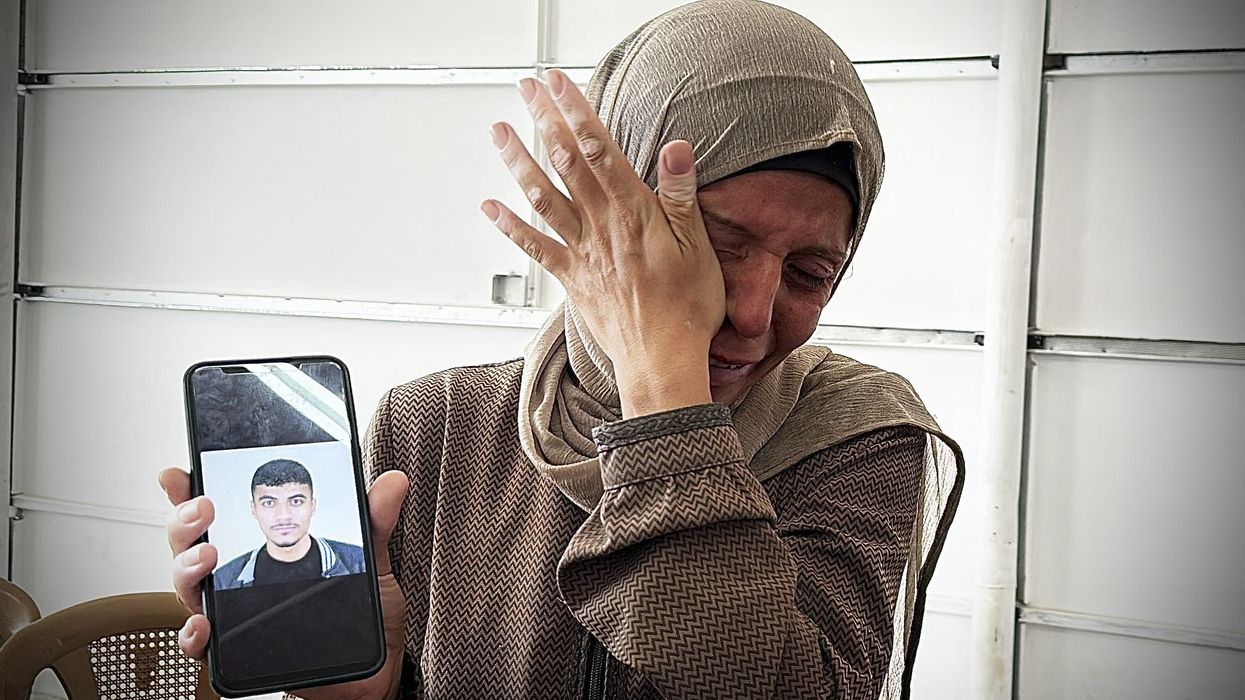Children are spending way too much time with screens--and it's not good for them. Did you know?
- School-age children spend more time with screen media--television, video games, computers, and hand-held devices--than in any other activity but sleeping.
- Screen media use is at an all-time high among preschoolers--according to Nielsen, young children spend, on average, more than 32 hours a week watching just television.
- Screen time is habit forming and linked to poor school performance, childhood obesity, poor sleep habits, and attention problems.
- 64% of children ages 12 to 24 months watch TV and videos for an average of just over 2 hours a day--even though the American Academy of Pediatrics recommends discouraging screen time for children under 2.
For these reasons and more, so many leading health, education, and childcare organizations actively support this year's Screen-Free Week (April 29 - May 5, 2013), the annual celebration where children, families, schools, and communities turn off screens for entertainment and turn on life. Endorsers include the National Head Start Association, National WIC Association, KaBOOM!, the US Play Coalition, the National Black Child Development Institute, and the American Public Health Association.
"Such wide-ranging support for Screen-Free Week reflects the growing national consensus that kids spend too much time with television, video games, apps, and computers," said Dr. Susan Linn, director of the Campaign for a Commercial-Free Childhood, the official home of Screen-Free Week. "More screen time means less time for hands-on play, reading, playing outside, exploring nature and dreaming--activities crucial to a healthy, happy childhood."
Since 1996, millions of children and their families have participated in Screen-Free Week (formerly TV Turnoff). Each year, thousands of parents, teachers, PTA members, librarians, scoutmasters, and clergy organize Screen-Free Weeks in their communities. Here are just a few of the upcoming festivities:
- The Early Years Institute is hosting free and discounted events all over Long Island, New York, including a petting zoo, storytimes, visits to natural outdoor classrooms, a family game show, a ping pong tournament, an American folklore concert, bird watching, and more.
- The Greater Gallatin United Way in Montana has organized a full schedule, including a kids' bike ride and obstacle course, a tour for tots of the Museum of the Rockies, an afternoon of theater games, a family swim night, and group hike.
- In Spring Garden Township, Pennsylvania, children and families can have fun and get active with the Parks & Recreation's free evening events, including a night of roller skating and a "fun run" in the park.
- Over the Rainbow Toys in Anchorage, Alaska is holding free "crafternoons." Children and their parents will enjoy arts and crafts activities of all kinds, from painting to robot building.
- The Early Childhood Alliance in Fort Wayne, Indiana has organized a week of fun family activities including games and healthy cooking lessons.
"Children's health, well-being, and relationships with friends and family are threatened when they spend most of their leisure time with screens," said Dr. Linn. "Screen-Free Week is a perfect opportunity to break the screen habit and have fun embracing a happier, healthier lifestyle."
Here's what other experts and advocates are saying about Screen-Free Week:
"New life is returning to the earth! Look up from your screens to see the pale green buds. Pull out your earbuds and listen to the breeze. Turn off your devices and reconnect with the earth, with each other, and with the still, small voice inside that is you. Screen-Free Week is an opportunity to reset our attention, to refresh our minds and souls, and to recreate ourselves in relation to all that we value."
- Dr. Michael Rich
Director, Center on Media and Child Health
"Screen-Free Week is a wonderful way for parents, schools and communities to reduce the time children spend watching TV and playing with the computers and video games and help them engage in activities that promote healthier growth and development. Today, children spend far too much time with screens. Excessive screen time is harmful for children--it's linked to poor school performance, childhood obesity, attention problems, and the erosion of creative play."
- Dana E. Friedman, Ed.D.
President, the Early Years Institute
"The amount of time children spend in front of a screen directly competes with active play, which is proven to develop a child's overall physical, creative and social skills. Kids need time to play every day, in their homes, schools and neighborhoods. Screen Free Week reminds us--adults and children alike--to reclaim that time and go outside and play."
- Stephanie Bowen
Director, KaBOOM!
"Embracing Screen-Free Week is an outstanding way to refocus on strengthening family relationships and creating healthy lifestyles. Medical conditions related to childhood obesity and inactivity are increasing at an alarming rate. Let's work together to reverse the trend. Why not take this week to enjoy outdoor activities, observe nature, shop for healthy ingredients and prepare a nutritious meal together as a family? Great childhood memories come from having dinner together, playing a board game together, or simply chatting, not from sitting in front of a TV. Screen-Free Week is an ideal time to build social skills, encourage creativity and simply play...all habits that will last a lifetime."
- Sandra York
Executive Director, Michigan PTSA
"Screen-Free Week helps American children, families, schools and communities shift their focus from passive screen-watching to activities that help us all become healthier and more fit. Screen-Free Week is in sync with the growing realization that physical activity promotes individual health and well-being, builds community and reduces health-care costs. It also makes for family fun and interaction. Let's all click off and move more--not just during Screen-Free Week, but every day!"
- Dan Henkel
Senior Director of Communication and Advocacy, American College of Sports Medicine
These and more quotes, as well as images for promotional use, can be found at https://www.screenfree.org/press.html.




